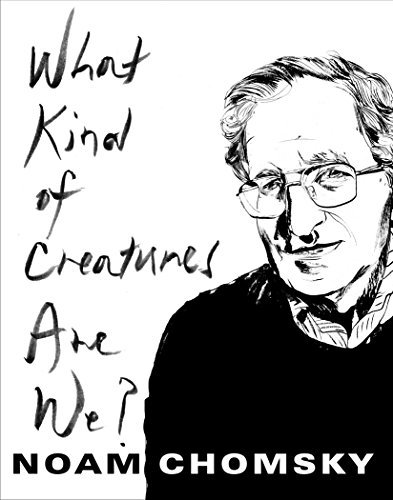What do you think?
Rate this book


196 pages, Kindle Edition
First published December 15, 2015
In brief, if we are biological organisms, not angels, much of what we seek to understand might lie beyond our cognitive limits – maybe a true understanding of anything, as Galileo concluded, and Newton in a certain sense demonstrated… We might think of the natural sciences as a kind of chance convergence between our cognitive capacities and what is more or less true of the natural world. There is no reason to believe that humans can solve every problem they pose or even that they can formulate the right questions: they may simply lack the conceptual tools.He follows this with a bit of dry Chomskyan humor: "Since the Newtonian revolution, we speak of the 'physical' world much as we speak of the 'real' truth: for emphasis, but adding nothing." and "A more appropriate formulation, I think, is to recognize that post-Newton, the concept 'physical facts' means nothing more than what the best current scientific theory postulates, hence should be seen as a rhetorical device of clarification, adding no substantive content."